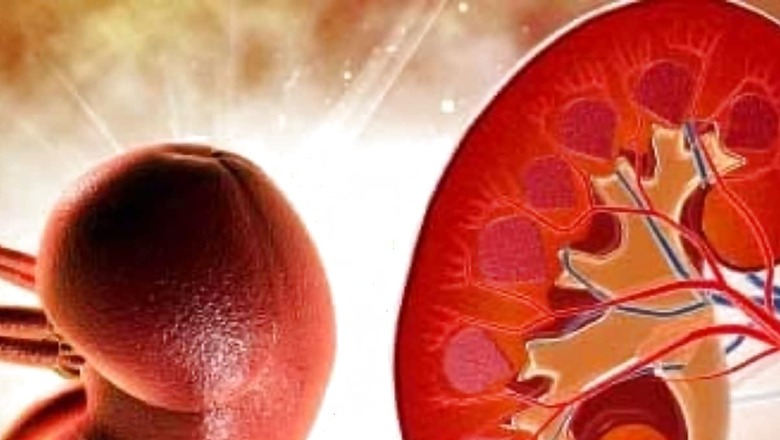
views
Creatinine is a waste product created when you exercise your muscles. Eating a lot of protein can also create small amounts of this organic compound. If your blood creatinine level is high, it’s important to work with your doctor to develop a treatment plan to address any medical problems that may be affecting your kidney function. The bloodstream carries creatinine to the kidneys, where the body filters it through urine. If your kidneys aren’t working properly, the creatinine level in your blood may become high. Abnormal creatinine levels can be a sign of kidney disease. Here are some tips to lower your creatine levels.
1. Don’t take creatine-containing supplements
Creatine is a natural compound made in the liver. It is transported to the muscles, where it is used for energy. When creatine is used as an energy source, it is broken down into creatinine, a byproduct of metabolism. In addition to its natural form, creatine is also available in supplement form. Some athletes use these creatinine-producing supplements to enhance their athletic performance.
2. Reduce your protein intake
Research shows that eating large amounts of protein can increase creatinine levels, at least temporarily. Cooked red meat in particular can affect creatinine levels. The heat from cooking causes the creatinine found in meat to be produced.
People who eat diets very high in red meat or other protein sources, including dairy products, may have higher creatinine levels than people who eat less of these foods.
3. Eat more fibre
The effects of fibre on creatinine levels still need to be studied more. One study has shown that creatinine levels drop significantly in people with chronic kidney disease who eat more fibre.
5. Reduce your salt intake
A high-salt diet can contribute to high blood pressure. Processed foods in particular are often high in sodium and phosphorus, which studies have shown can potentially cause kidney problems.
6. Avoid overuse of NSAIDs
Over-the-counter pain relievers such as non-steroidal anti-inflammatory drugs (NSAIDs) can be harmful if taken too frequently or in higher than recommended doses, especially if you have kidney disease.




















Comments
0 comment